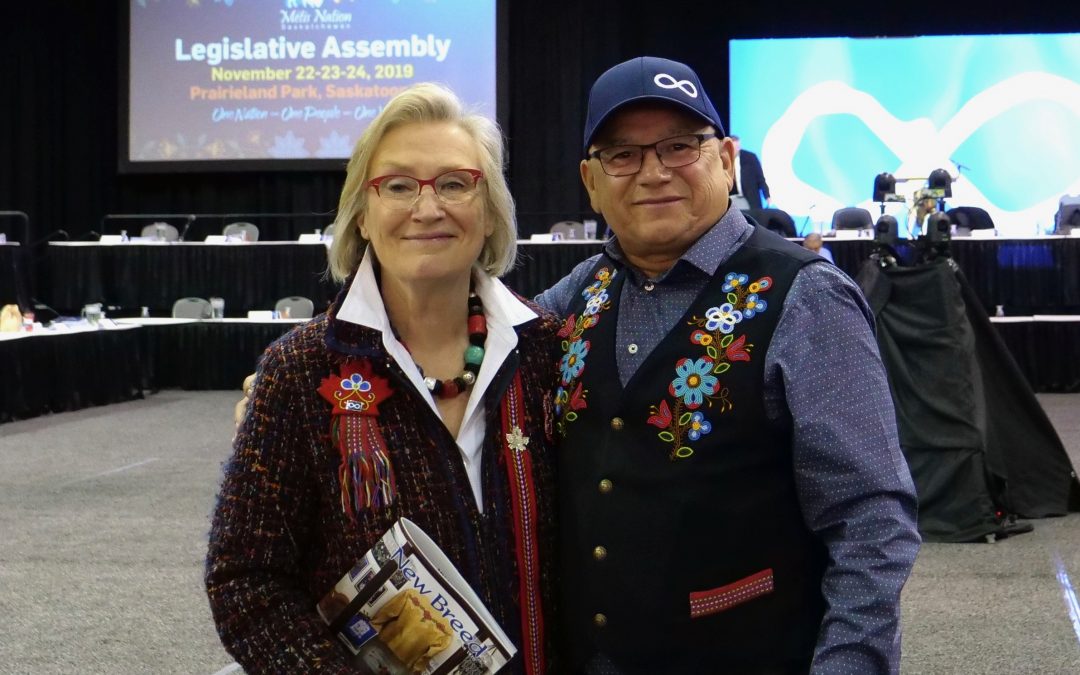The Metis-Nation Saskatchewan is demanding an apology from Environment Minister Dustin Duncan for not consulting it on the Denison Wheeler River project exploration.
In a June 11, letter to Attorney General Don Morgan, MN-S President Glen McCallum expressed concern about the relationship with the province and that the two sides “meet urgently to discuss how this relationship can be salvaged.”
McCallum suggests that Minister Duncan is avoiding consulting with the MN-S regarding the mining activity and refuses to consider impacts on Metis Land Rights.
The province’s approach to consulting with the Metis stems from a 2010 framework agreement, in which it will consult with affected Metis locals, rather than the provincial entity.
The MN-S may be brought into consultations, if the province has received confirmation that the Metis Local is delegating its consultation to the MN-S.
McCallum states this approach violates the duty to consult requirement under section 35 of the Constitution Act.
On May 1, Minister Duncan responded to the consultation request, saying that his Ministry followed the duty to consult “by providing two extensions so that the response could be provided and funding to support MN-S consultation activities was granted through the First Nations and Metis Consultation Participation Fund.” And that “concerns such as tree clearing during migratory bird season, caribou sighting reporting and water crossing installation in the issued permit. That was outlined in the formal response sent to MN-S on March 6, 2020.”
Duncan said the Ministry did consult with the Metis locals directly impacted by the project.
A government spokesperson states “In this case, Métis Locals did not direct officials from the Ministry of Environment to consult with Métis Nation Saskatchewan. There will not be an apology forthcoming as Métis Local Presidents have confirmed they did not request Métis Nation Saskatchewan to be involved in the process.”
According to Denison Mines “Wheeler River is the largest undeveloped uranium project in the eastern portion of the Athabasca Basin region in northern Saskatchewan, Canada.
The project is situated in close proximity to important regional infrastructure, including the Provincial electrical transmission grid and an all-season Provincial highway.”
(Photo: MN-S President Glen McCallum, and Federal Minister Carolyn Bennett.)
